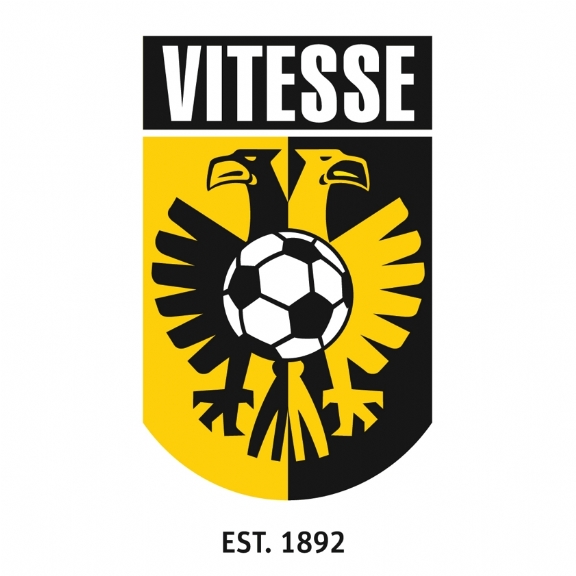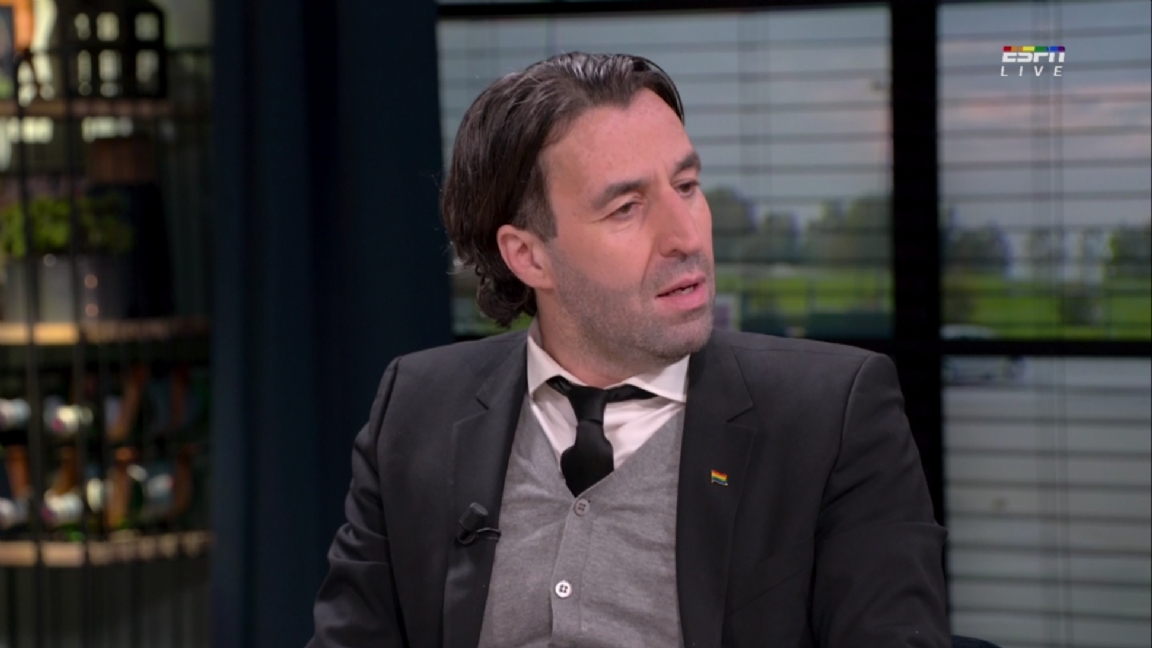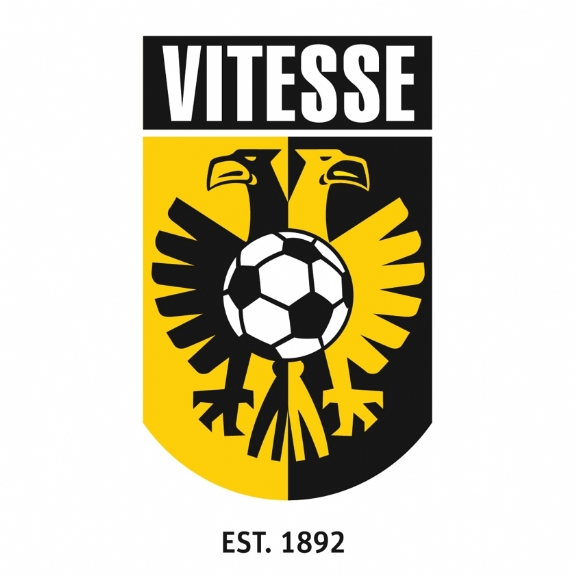

The dinner guests of Good morning Eredivisie On Sunday morning, we focused extensively on the discussion about Dutch-Moroccan footballers, about which a lot has been said and written in recent weeks. Khalid Sinouh, who played four international matches for Morocco between 2004 and 2005, believes that players should be critical of themselves and abide by the rules of the organization where they are at the time. According to Hans Kraay Jr., the most important task lies with the trainer, who must know which personalities he is dealing with.
The discussion started when Nasser El Khayati recently joined football talk acknowledged that Dutch-Moroccan footballers can take steps when it comes to dealing with criticism. “I’ve been through it my entire career,” Sinouh says. “Often a mark is left on Moroccan players. On the other hand, you also have to look in the mirror and be critical of yourself. I made a documentary about that, why we don’t have Moroccan football icons in the Netherlands. It’s about dealing with criticism, the family that hangs around a player and dealing with a coach.”
Khalid Sinouh shines his light on Moroccan players in the Netherlands.
— ESPN NL (@ESPNnl) October 17, 2021
Sinouh acknowledges that there are major differences between Moroccan and Dutch culture. “Every person is different,” the former goalkeeper continues. “Native Dutch people and players of Dutch descent live in a world of difference. When it comes to upbringing, about the environment. You have to deal with that. But as a player you should also know that there are certain rules within professional football and within an organization, you have to stick to that. But friction often arises there, between those two worlds. That’s where the problems start. If you can manage that, you have a top product.”
Kraay Jr. believes that the most important task lies with the trainer. “I actually disagree with you,” said the analyst. “I have been a trainer at FC Lienden for a long time and we had a lot of Moroccan boys. I think that as a trainer you have a duty to read up on those boys, I have done that. Those boys want to be approached differently. not be called names in a group. They can take criticism, but one on one. If you have studied the players as a trainer, players are not allowed to creep into the underdog role. It doesn’t matter to me that they have a short fuse. “

Honest El Khayati exposes the pain point of Dutch Moroccans
Nasser El Khayati thinks Moroccan-Dutch footballers can take steps when it comes to dealing with criticism.
Sinouh then agrees with Kraay Jr.’s words. “You must always adhere to the rules where you are at that moment, that is precondition. You have to empathize with the person you work with. Everyone is different. a trainer. If you can’t do that, in my opinion you are not suitable to be a trainer. I keep saying that I find it strange how it went with Oussama Tannane. You see a player explode and you like that” get into a situation, that’s a shame.” Tannane is currently training with the Under 21 at Vitesse, after being kicked out of the selection by Thomas Letsch.
“Tannane got a lot of shit all over him,” Sinouh continues. “I don’t know whether it is right, but he was very important for Vitesse last year. He behaved professionally. I have the feeling that he was thrown in the garbage because Vitesse could not get the transfer amount they wanted. And he has had everything over him. I don’t think that’s right, to be honest. Maybe as a club you should adjust the asking price downwards. That boy is fairly calm, also towards the media. He has taken a professional position in that. It’s not that he’s been a huge jammer. According to the information I’m getting, Bazoer is a tougher boy than Tannane and he does play.”
Marc van Hintum experienced the situation at Vitesse up close, when he worked there as a technical director, among other things. In his time, both Tannane and Riechedly Bazoer were removed from the A-selection. “When he just came to Vitesse, it was very difficult for him to manage both Bazoer and Tannane,” Van Hintum refers to Letsch. “Of course there are two personalities. Then it is very difficult to tighten the discipline or let the reins loose. I think he chose the latter and that’s where it went wrong. It’s very difficult to get that space back.” if you let that go in the first place.”
